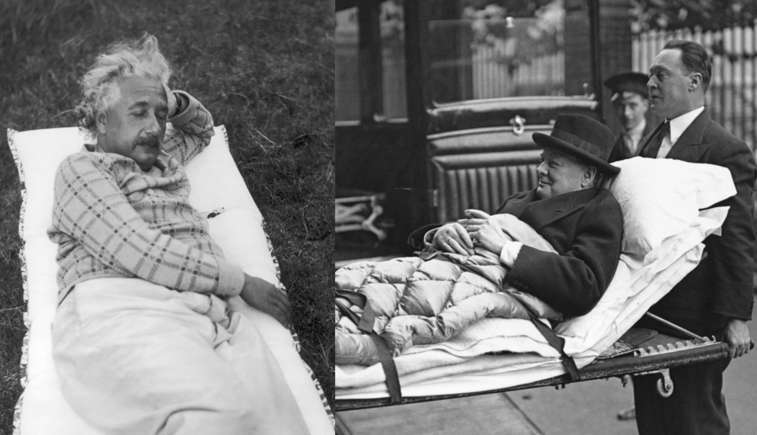
The daily routines of history’s greatest minds
We all have our daily routines, and history’s greatest geniuses are no exception. Some of us prefer working early in the morning, while others perform better later in the day or evening. These preferences, along with many other factors, shape our personal routines. But have you ever wondered about the routines of famous creative figures from history? How many hours did they work, sleep, and exercise, and how did they schedule their day?
In this post, you’ll get a glimpse into a day in the life of some of history’s greatest minds. Read on!
Ludwig van Beethoven
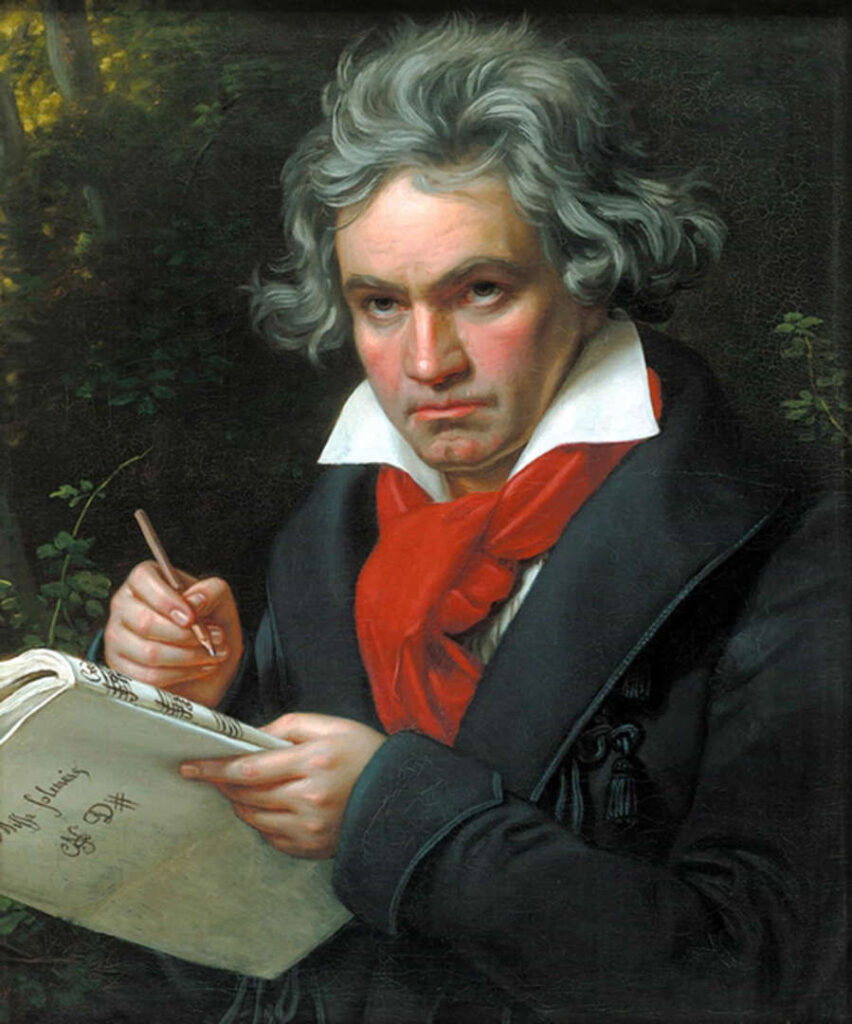
Rising at 6 am, Beethoven famously measured out his coffee beans each morning. His cup of coffee would be made with precisely 60 beans. The German composer would then work until 2 or 3 pm, taking lengthy walks after lunch. He carried a pencil and music paper with him while doing so. Then 10 pm was bedtime for Beethoven.
Vincent van Gogh
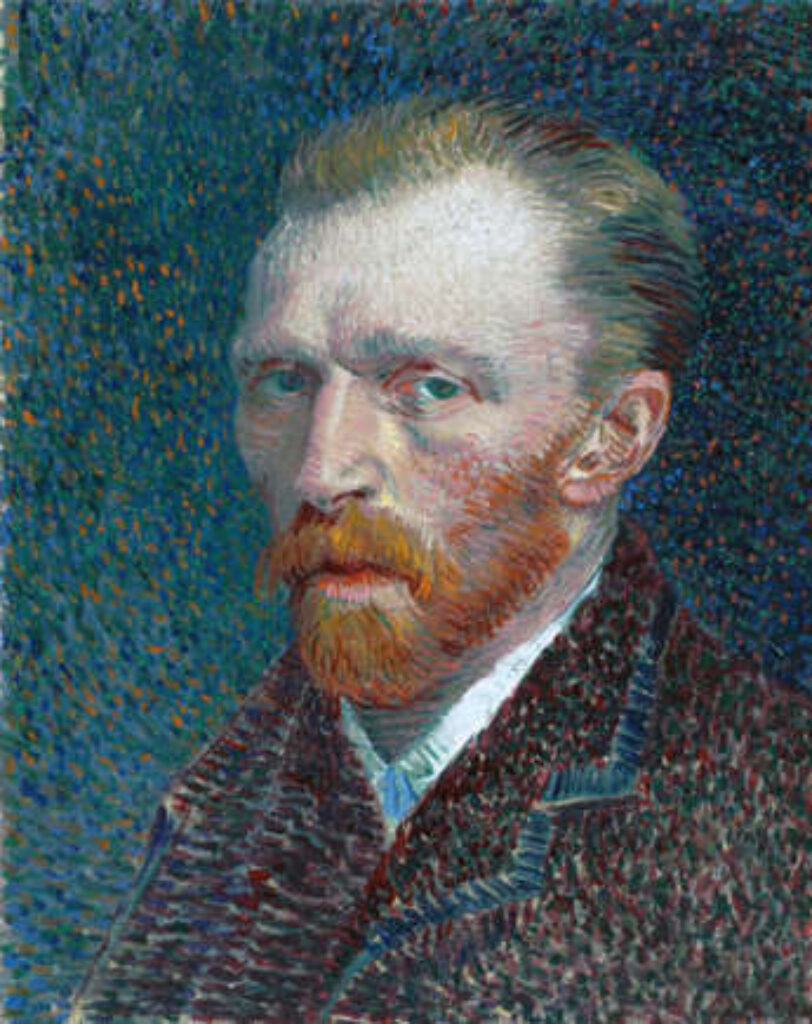
In 1888, the Dutch painter revealed his routine in a letter to his brother, Theo. It reads: “Today again from seven o’clock in the morning till six in the evening I worked without stirring except to take some food a step or two away. I have no thought of fatigue, I shall do another picture this very night, and I shall bring it off. Our days pass in working, working all the time, in the evening we are dead beat and go off to the café, and after that, early to bed! Such is our life.”
Immanuel Kant
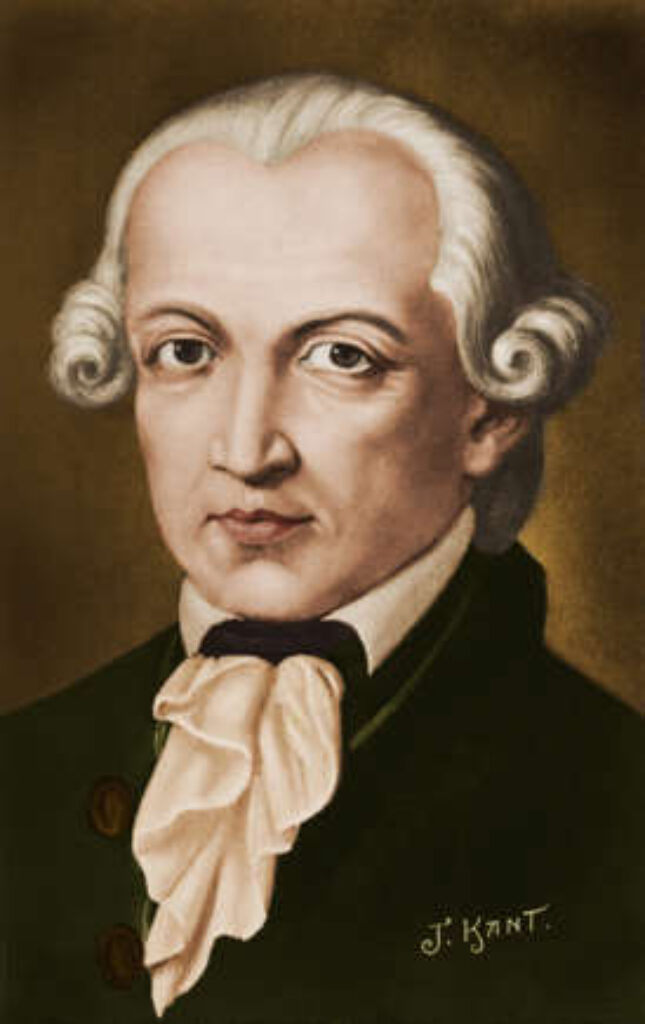
The German philosopher famously went for a daily walk at 3:30 pm. After his stroll, Kant would then have dinner with a friend (reportedly always the same one) and go back home to work a bit more. He would go to bed every night at 10 pm.
Charles Dickens
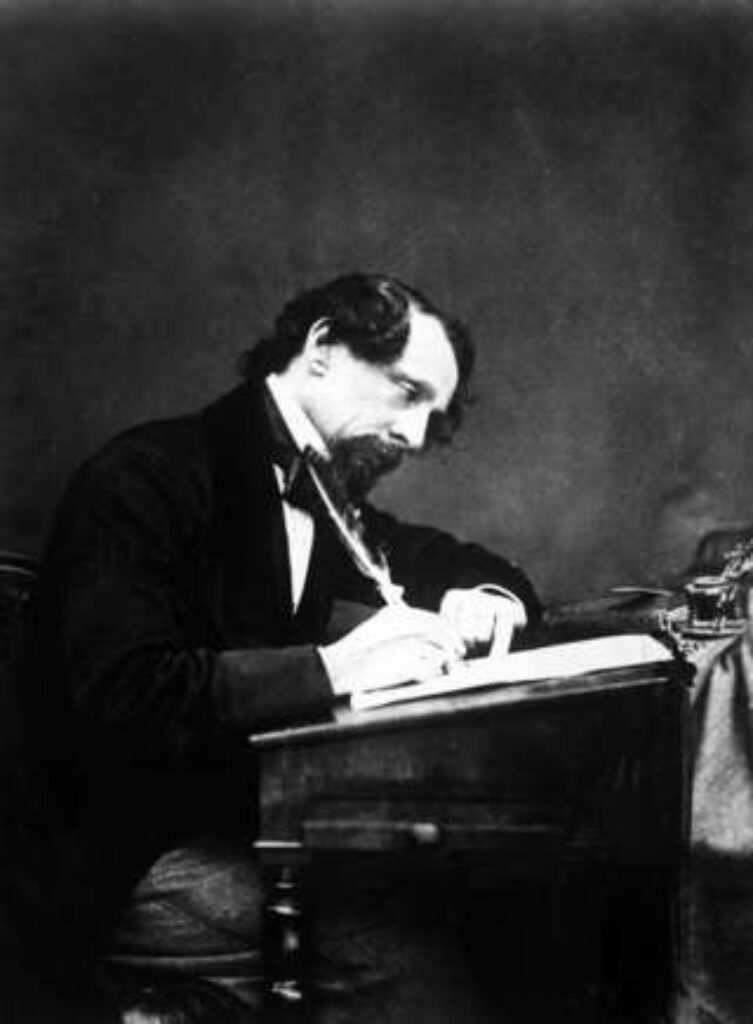
The English writer kept a tight schedule, waking up at 7 am, having breakfast at 8, and starting work at 9. Dickens would then have lunch with his family and continue working until 2 pm. Then, every afternoon, he’d go for a three-hour walk.
Sigmund Freud
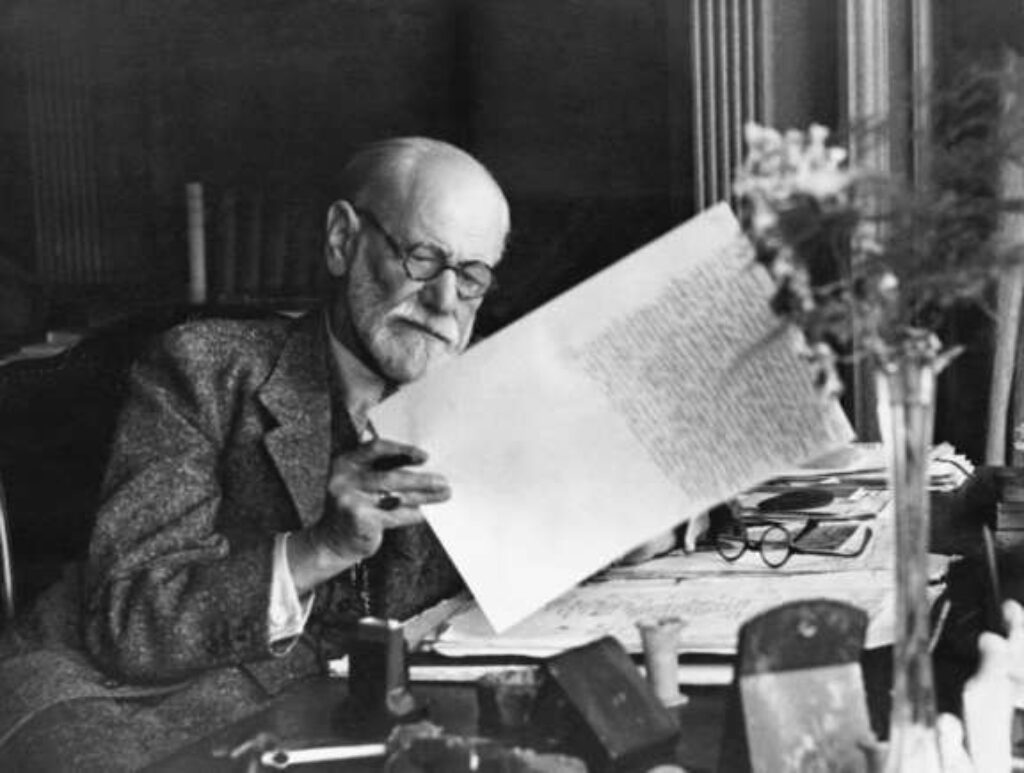
Freud would wake up at 7 am, have breakfast, and then have his beard meticulously trimmed by a barber. He’d see patients from 8 to 12 pm and have lunch at 1 pm, after which he’d go on a long walk. He’d see more patients from 3 to 9 pm, followed by dinner, reading, and writing. Freud wouldn’t go to bed until around 1 am. The father of psychoanalysis heavily relied on the support of his wife, Martha. She would choose and lay out his clothes, and would even put toothpaste on his toothbrush to save him time.
Winston Churchill
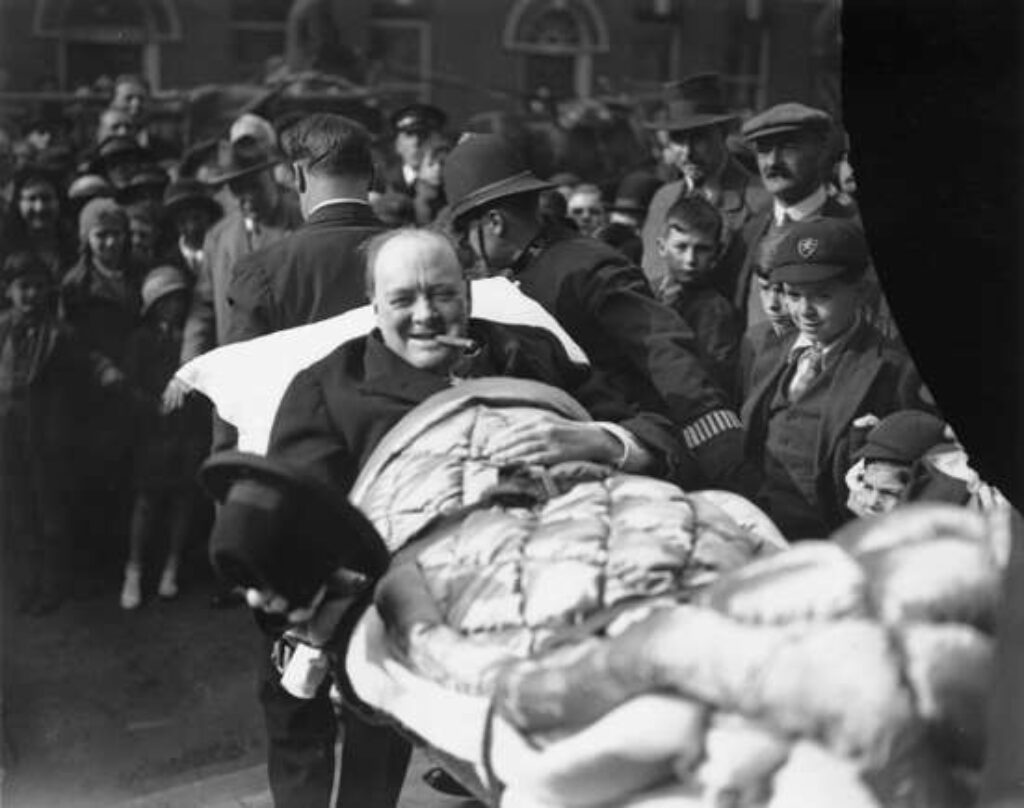
The former British Prime minister had a very peculiar morning routine. He’d wake up at around 7:30 am and would eat, read, and work from bed until around 11 am. Churchill would then have lunch from 1 to 3:30 pm, followed by work until 5 pm. Around that time he’d have a nap. Dinner would be served at 8 pm, which was often followed by an hour or so of work. All of this, of course, sipping on whisky and soda. At around 12 am, Winston Churchill would read before going to sleep.
Mark Twain
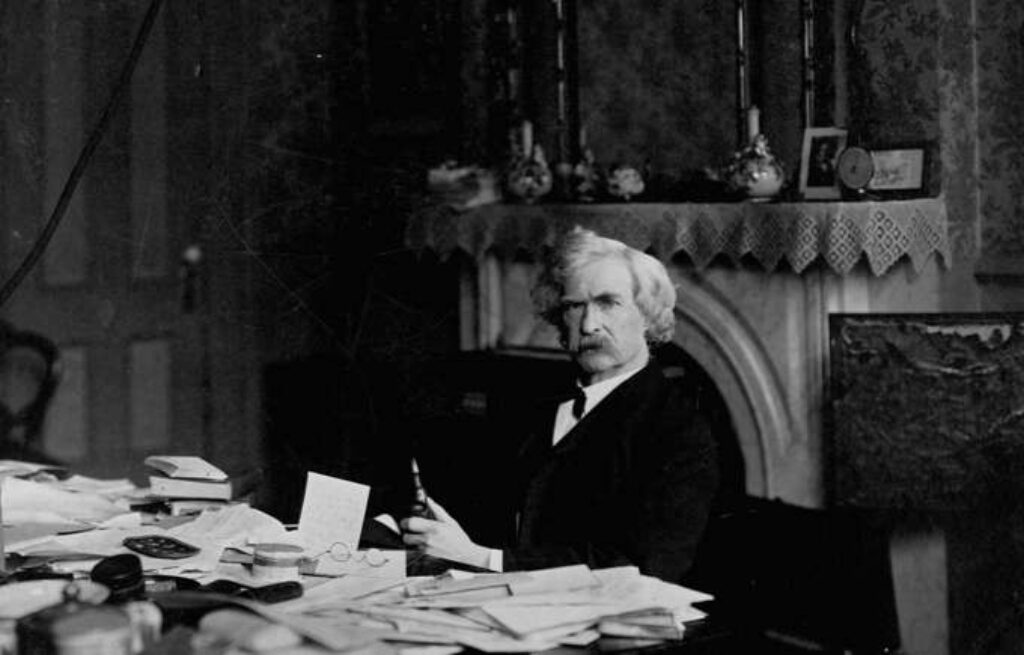
Every summer, Mark Twain would go to a farm in upstate New York. The writer would get up in the morning, have breakfast, and lock himself in his study working nonstop until 5 pm. After a productive day with no distractions, Twain would then join his family for dinner.
Pablo Picasso
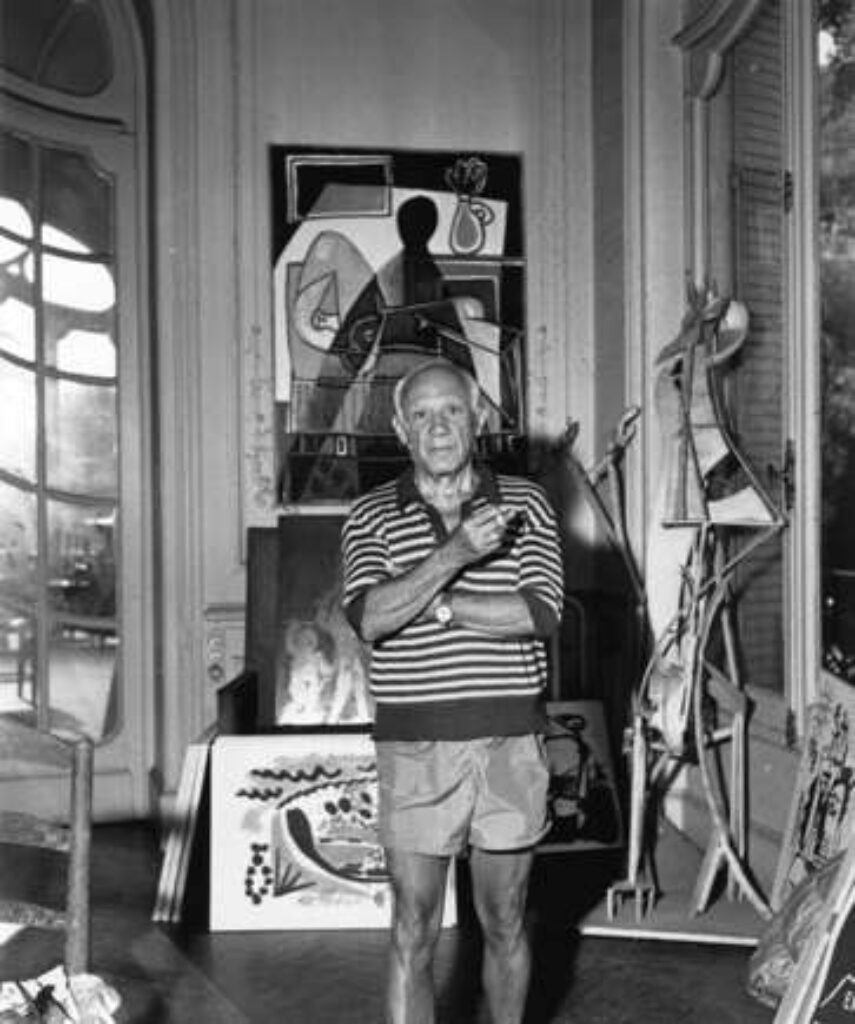
It was at 2 pm that the Spanish artist would go into his studio, where he’d stay working until sunset. He would rarely engage in social affairs or even talk much with his family, to not lose focus on his work. Picasso would often return to his studio and work until 3 am.
Agatha Christie
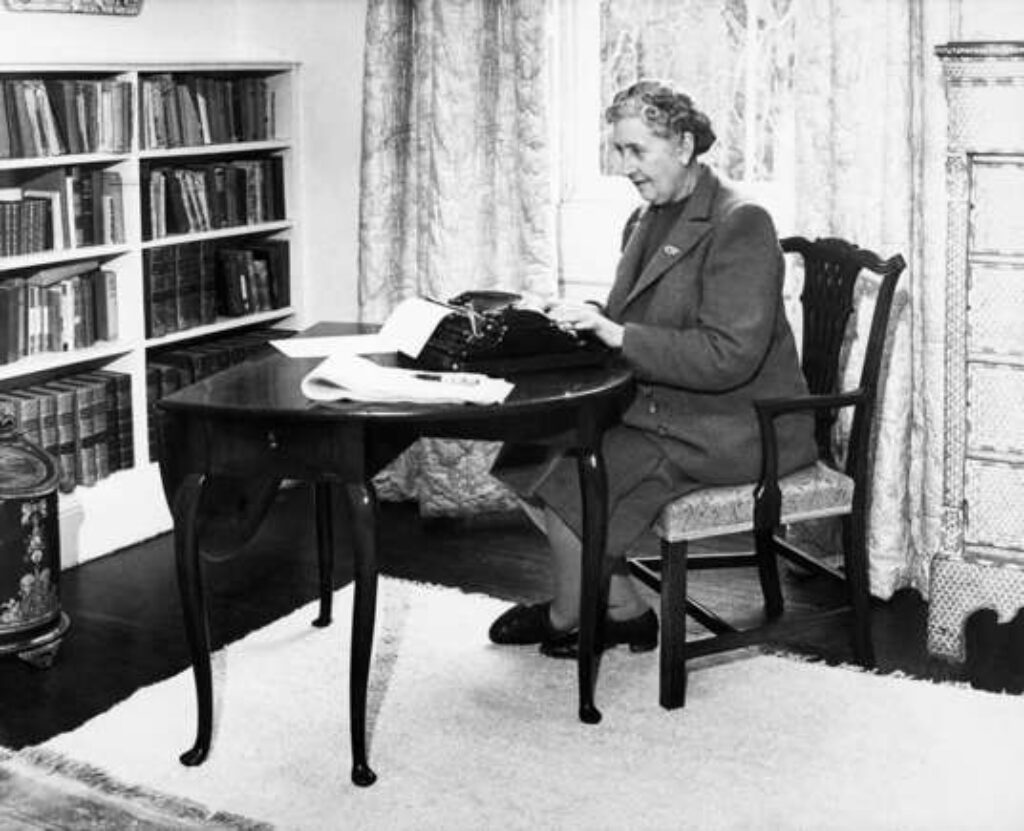
The British writer, known for her detective novels, didn’t even have a desk. Agatha Christie used to write using a typewriter (or on scraps of paper) anywhere she could find a stable tabletop.
Ernest Hemingway
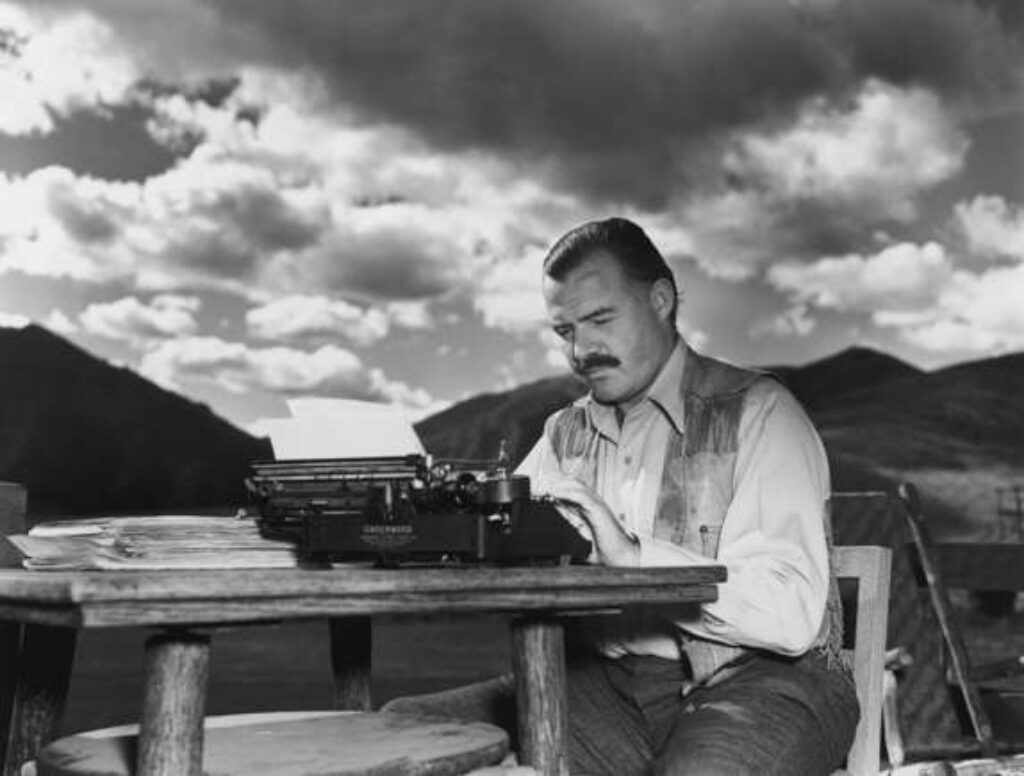
The American writer was a true pro and was accountable for his work. Hemingway would have a few drinks at night, but still wake up at 5:30 every morning to work. He’d keep a record of his daily output, counting the words he wrote at any given day.
On being an early riser, Ernest Hemingway said: “There is no one to disturb you and it is cool or cold and you come to your work and warm as you write.”
Benjamin Franklin
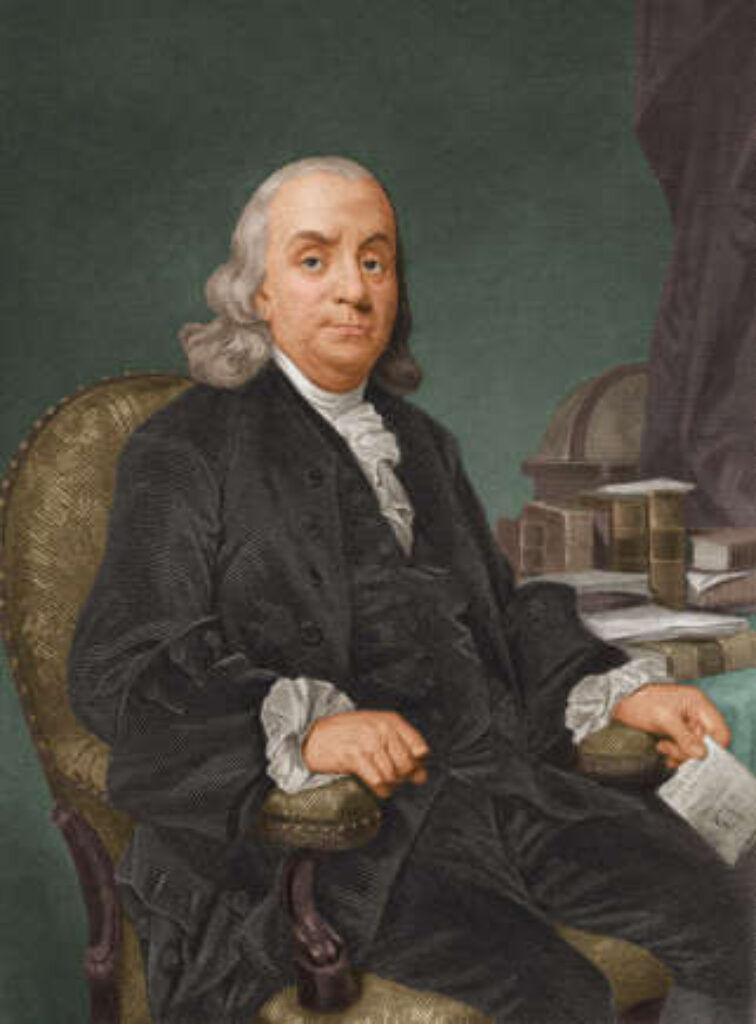
This Founding Father of the United States was a huge fan of “air baths,” which consisted of being naked in the mornings for 30 minutes to an hour.
Benjamin Franklin also created a 13-week plan, with each week devoted to a virtue. The virtues were: temperance, silence, order, resolution, frugality, industry, sincerity, justice, moderation, cleanliness, tranquility, chastity, and humility.
He’d ask himself the same question every morning: “What good shall I do this day?” And the same question every night: “What good have I done today?”
Charles Darwin
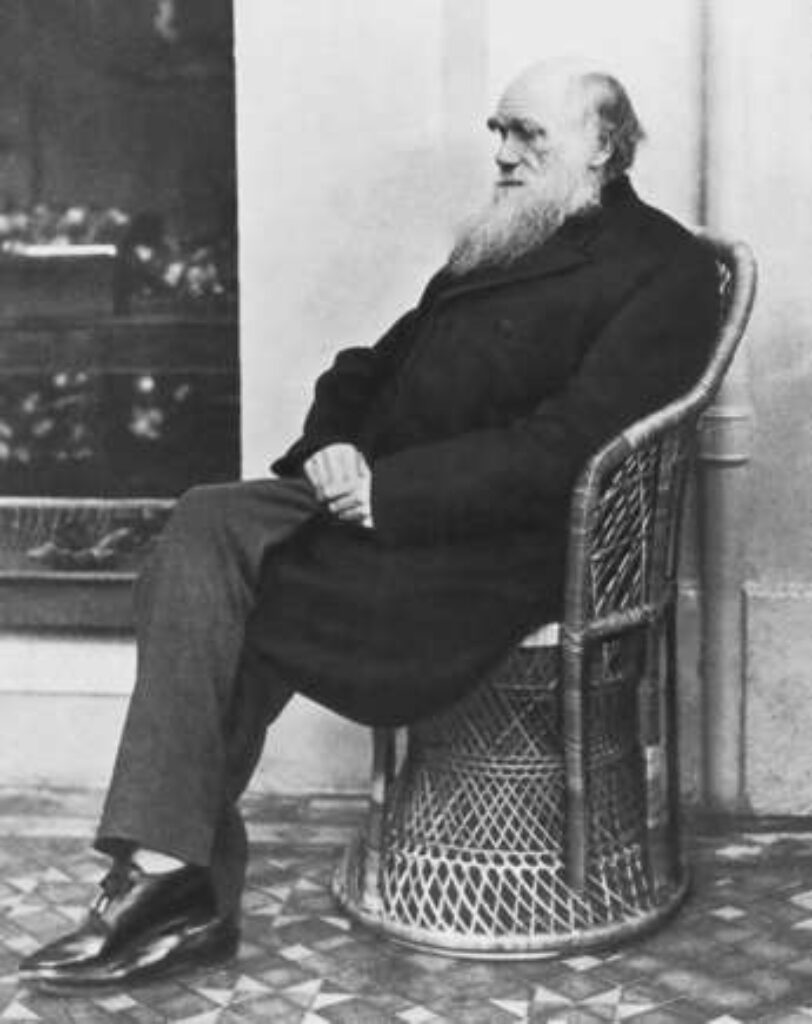
Darwin moved from London to the countryside in 1842. After a morning walk and breakfast, the naturalist would start working at 8 am. He’d do so for 90 minutes uninterrupted. Darwin would then take a break and return for another 90 minutes of work. He’d walk his dog and read letters and books, and play backgammon with his wife, Emma.
Karl Marx
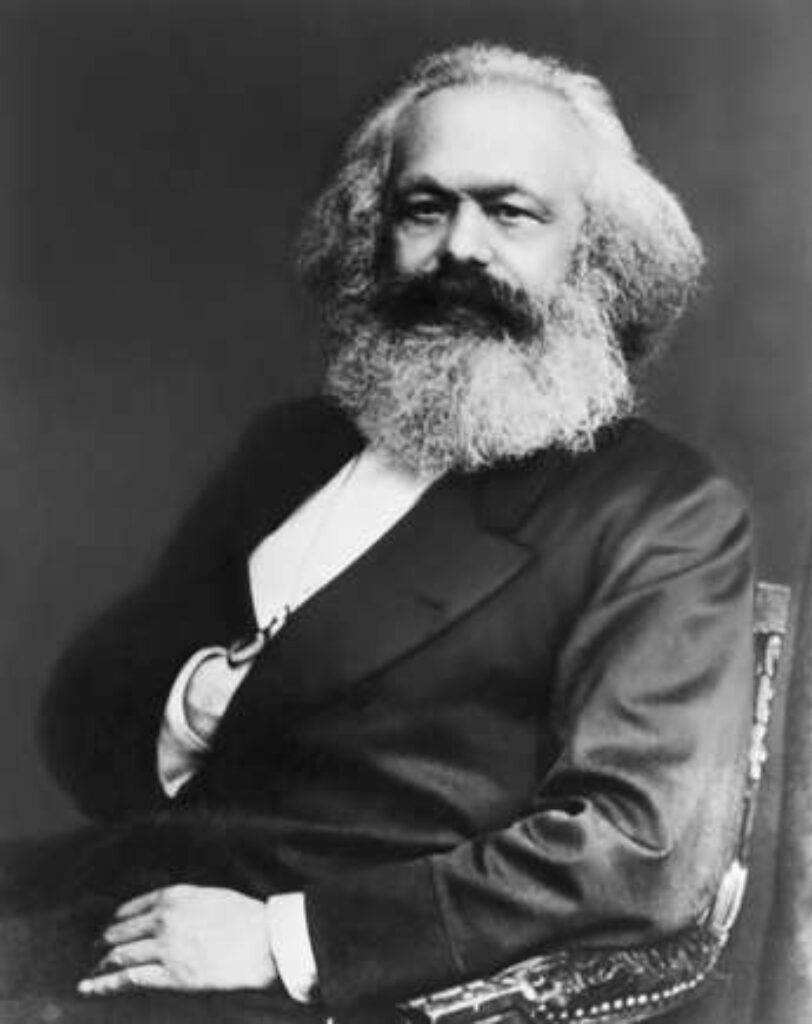
The German philosopher and father of communism, Karl Marx, had a strict work schedule while exiled in London. He’d sit in a room in the British Museum from 9 am to 7 pm every day to work on his masterpiece, ‘Das Kapital.’ Marx suffered from liver disease, among other ailments, meaning that he’d often work while in pain.
Voltaire
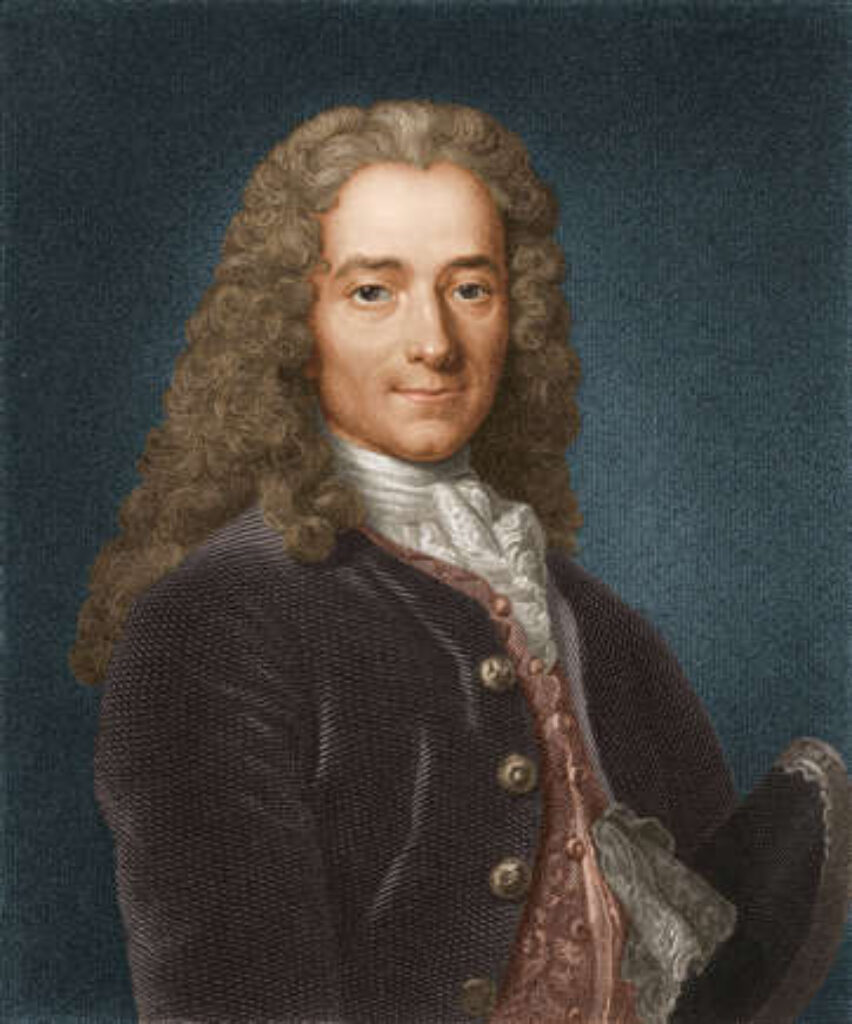
The French writer spent 18 to 20 hours at home working. He’d often read and dictate work to secretaries from bed. Voltaire had his social and leisure time late in the day, and would then return to solitude.
Wolfgang Amadeus Mozart
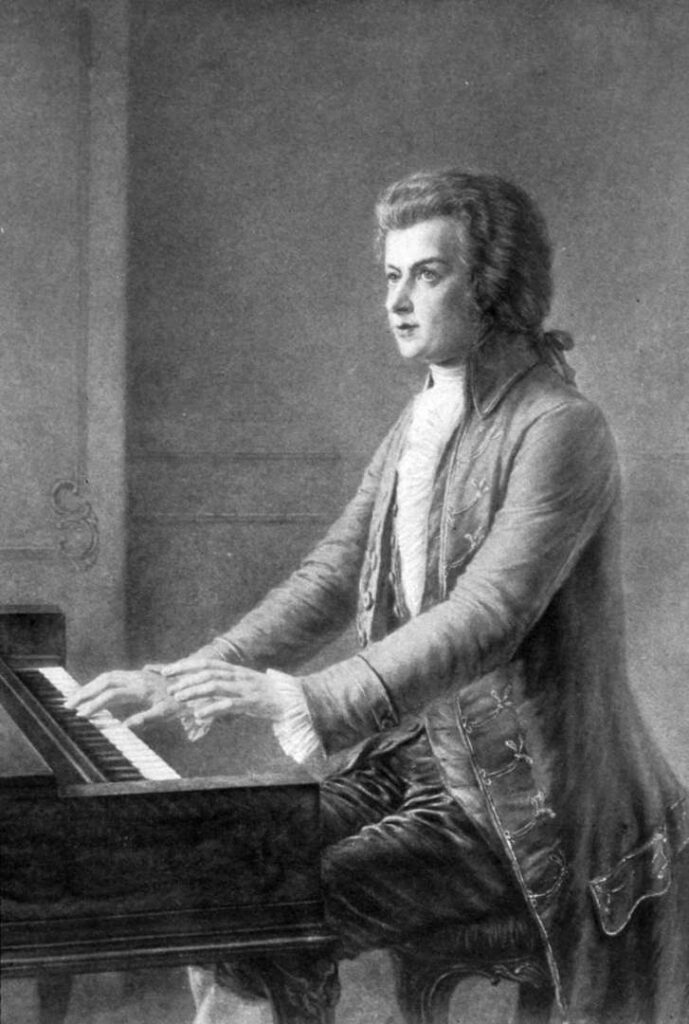
The famous Austrian composer had a hectic work schedule and usually didn’t get home until about 11 pm. This was the time he would compose, before going to bed. Mozart was an early bird and the day would start at 6 am for him.
“When I am… completely myself, entirely alone… or during the night when I cannot sleep, it is on such occasions that my ideas flow best and most abundantly. Whence and how these ideas come I know not nor can I force them,” said Mozart.
Albert Einstein
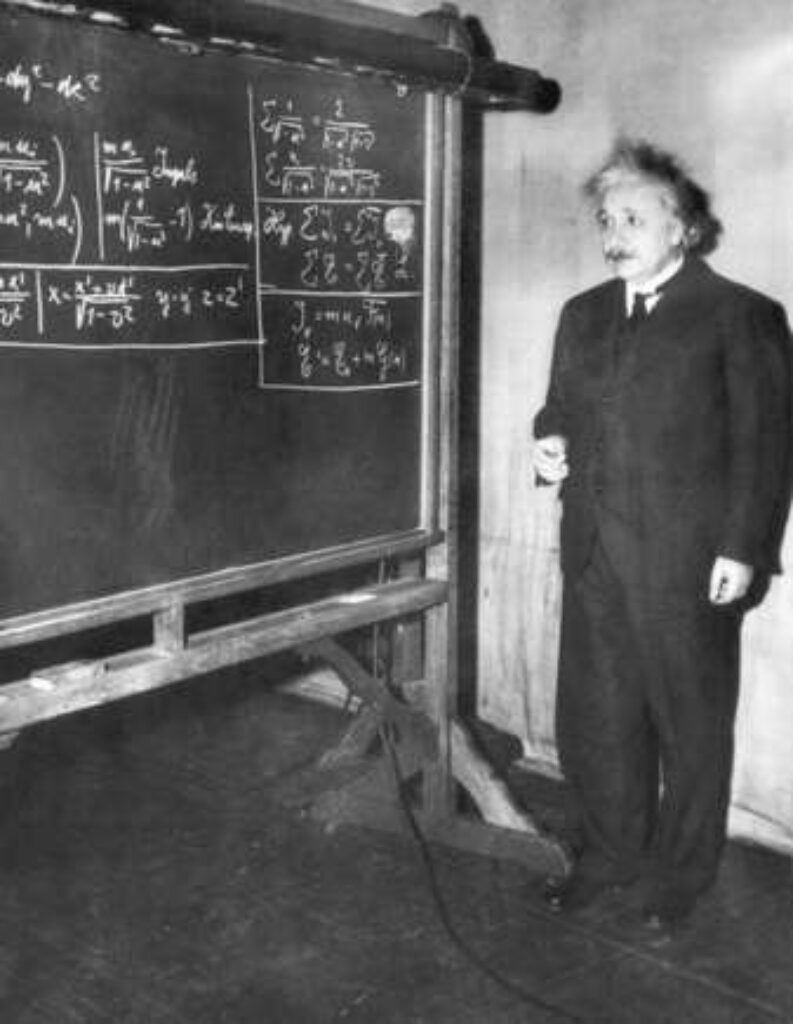
At 9 am, after 10 hours of sleep, Einstein was ready to start the day. After drinking his coffee and reading the paper, he’d walk to Princeton University at 10:30 am. There, Einstein would work for two hours, returning home for lunch, followed by a nap and a cup of tea.
The theoretical physicist would then work some more at home in the afternoon, have dinner (he loved pasta!), and would then go to bed at 11 pm.
Maya Angelou
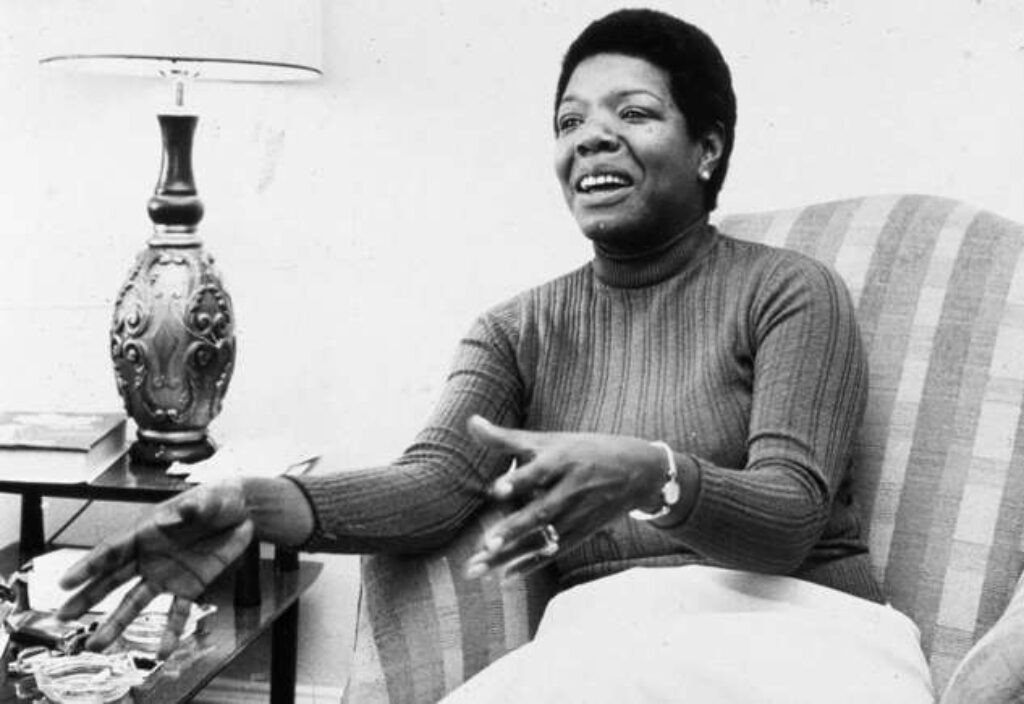
The poet and civil rights activist would wake up at 5:30 am, share a cup of coffee with her husband, and leave for work at 6 am. Angelou would go to a budget hotel or motel near home, where she’d work from 7 am to 2 pm in complete isolation.
William Faulkner

The American writer didn’t follow a strict schedule. He’d write both at night or in the mornings, depending on his work schedule. Faulkner was not picky about the location either, oftentimes using the town library to write.
James Joyce
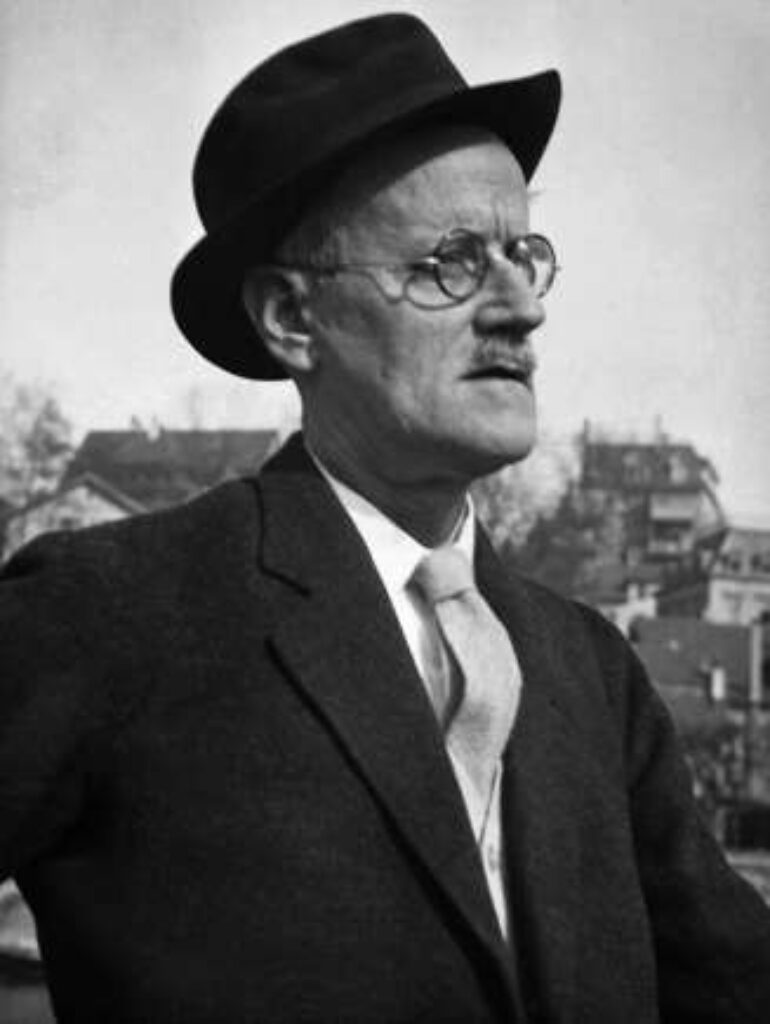
The Irish novelist is known for not having been good with money, for procrastinating, and for drinking. After 20,000 hours throughout seven years, Joyce managed to finish his masterpiece, ‘Ulysses.’
F. Scott Fitzgerald
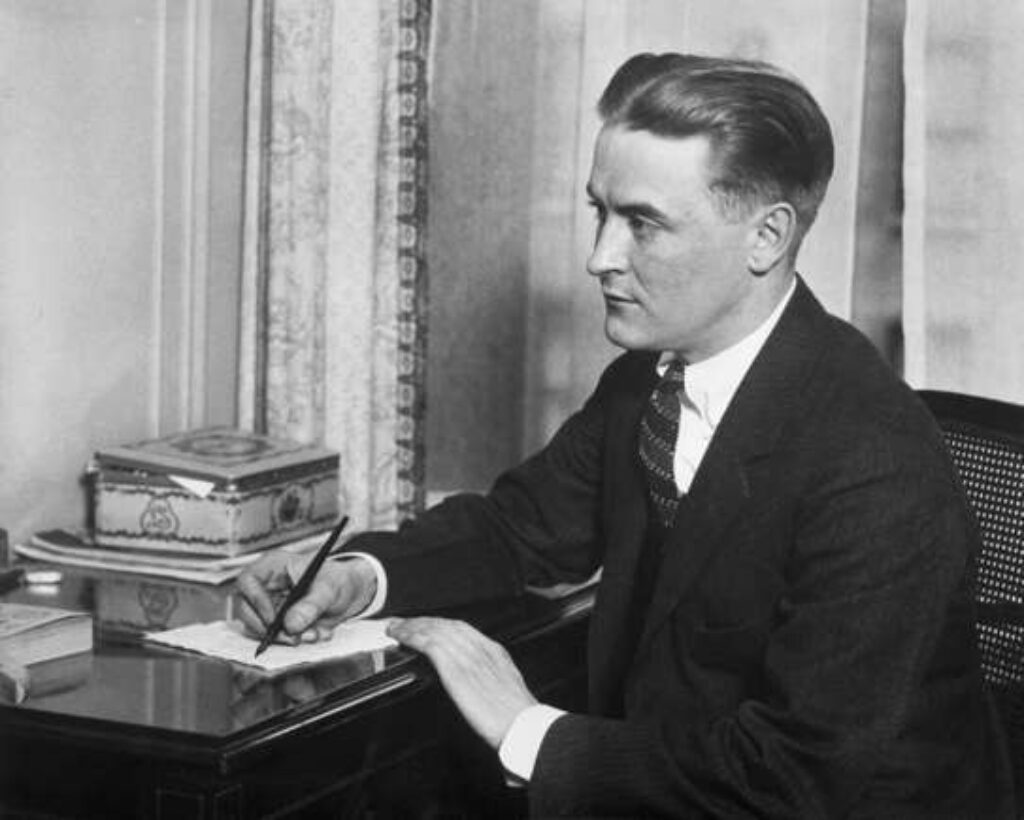
The American novelist seemed to work well under pressure. Well, at least while writing his 120,000-word novel ‘This Side of Paradise,’ which he did in just three months. Being in the Army at the time, Fitzgerald would write from 1 pm to 12 am on Saturdays and 6 am to 6 pm on Sundays.
Victor Hugo
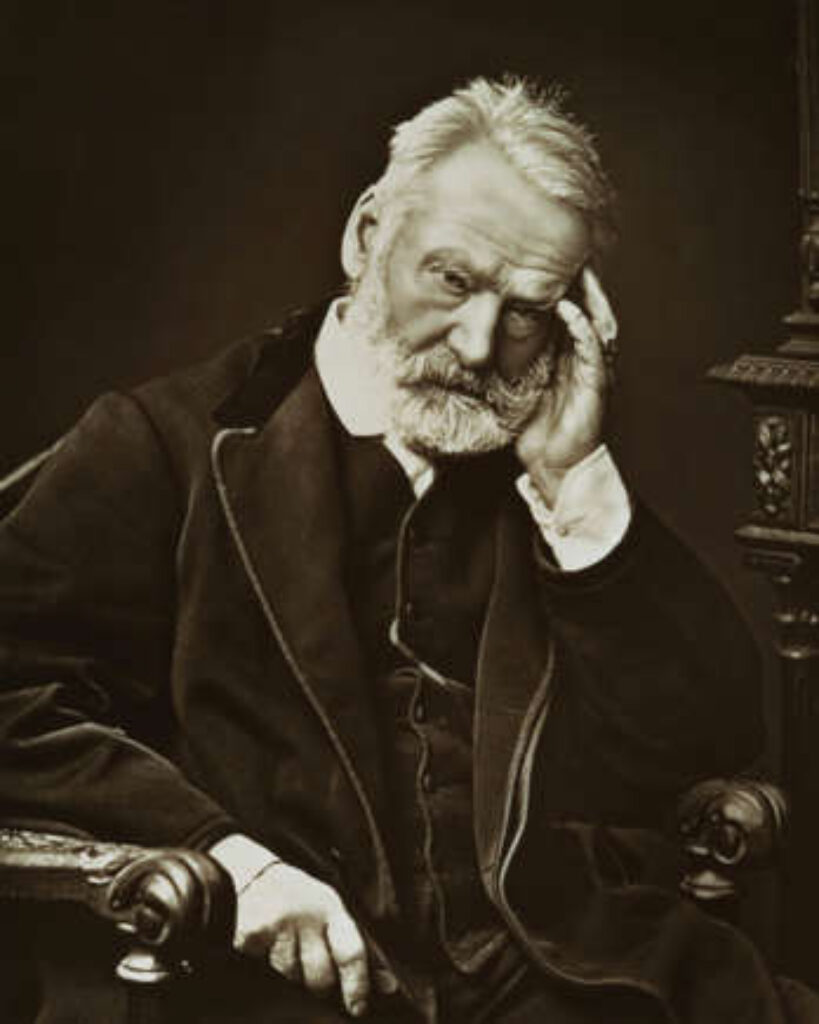
The French writer would write every day until 11 am and was known to carry notebooks with him at all times, in case inspiration struck.
Sources: (MSN) (The Guardian) (Observer) (CNBC) (Harvard Business Review) (Lessons from History)





